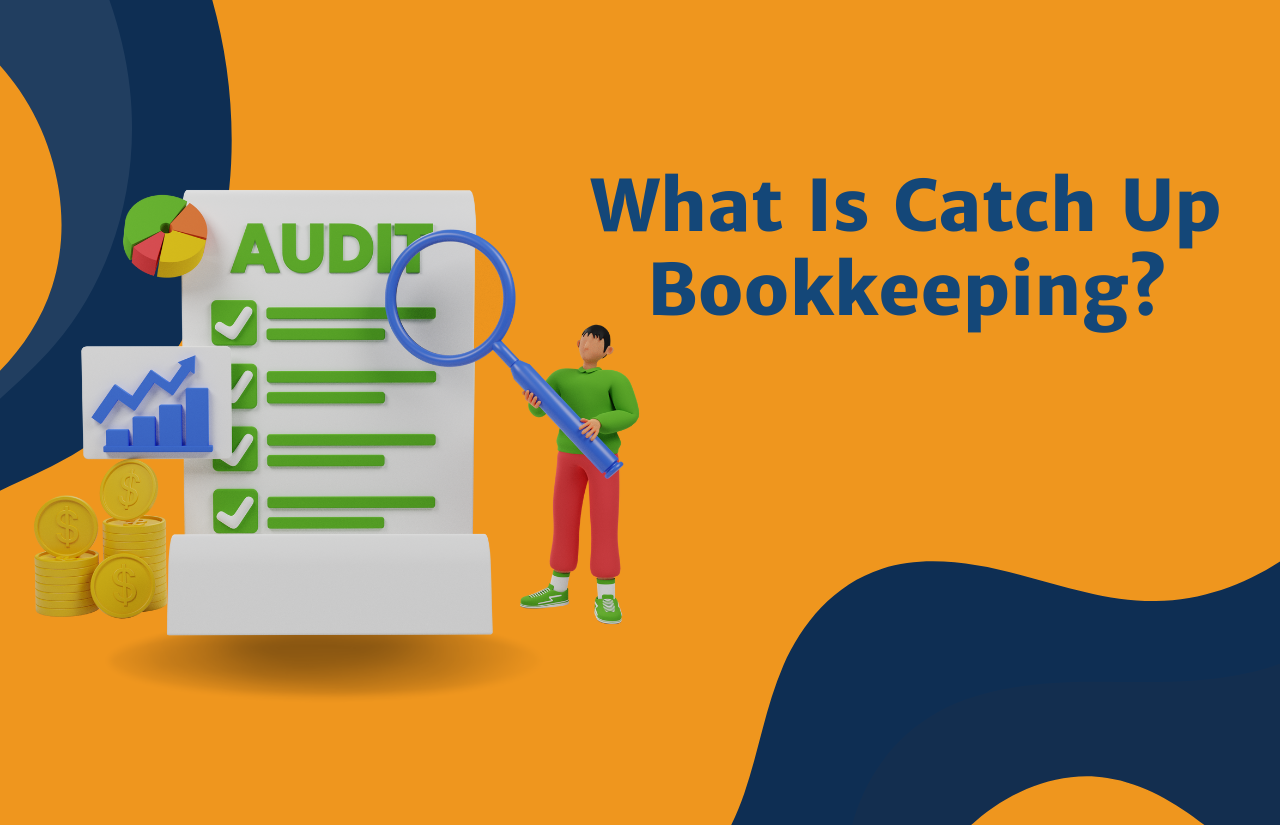As an online seller, you know that running an ecommerce business is not just about selling products, it’s also about managing finances and staying on top of taxes.
One way to make sure you’re maximizing your profits is by taking advantage of tax deductions. However, figuring out what expenses you can deduct can be confusing.

That’s why we’ve created this complete list of ecommerce tax deductions to help you save money and stay compliant with the IRS.
In this article, we’ll walk you through the most common tax deductions for online sellers, so you can keep more of your hard-earned money. Let’s dive in.
What are Tax Deductions for Ecommerce Businesses?
As an ecommerce seller, you may be wondering what tax deductions are available for your business. Tax deductions are expenses that can be subtracted from your total taxable income, reducing the amount of tax you owe.
As an ecommerce business owner, you may be eligible for a variety of tax deductions, which can significantly reduce your tax bill.
General Tax Deductions
As an ecommerce business owner, there are several general tax deductions that you can take advantage of. Here are some of the most common ones:
Home office expenses
If you have a dedicated space in your home that you use exclusively for business purposes, you may be able to deduct a portion of your home expenses, such as rent, utilities, and insurance.
To qualify for this deduction, the space must be used regularly and exclusively for business, and it must be your principal place of business.
At the end of the day just “google it”, and you’ll find everything needed.

Supplies and materials
The cost of supplies and materials that you use to make your products or run your business, such as packaging materials, printer paper, and ink cartridges, can be deducted on your tax return.

Advertising and marketing expenses
Marketing expenses can be an important part of the budget. Especially when your business is growing.
Any expenses related to advertising and marketing your products or services, such as social media ads, Google AdWords, and print ads, are generally deductible.

Travel and transportation expenses
If you travel for business, you can deduct expenses such as airfare, hotel accommodations, and meals.
You can also deduct expenses related to local travel, such as the cost of gas and maintenance for your vehicle.
Professional fees
Any fees that you pay for professional services, such as accounting, legal, or consulting services, are generally deductible.
Depreciation
If you use equipment or property in your business, you may be able to deduct a portion of the cost over time through depreciation.
This deduction applies to assets such as computers, printers, and office furniture.
Specific Ecommerce Tax Deductions
In addition to general tax deductions, there are several specific tax deductions that are unique to ecommerce businesses.
Here are some of the most common ones:
Packaging and shipping costs
The cost of packaging materials, postage, and shipping fees can be deducted as a business expense. This is especially important for ecommerce businesses, as shipping costs can add up quickly.
Product sourcing costs
If you purchase products to sell on your ecommerce store, you can deduct the cost of the products as a business expense.
Platform and subscription fees
If you use a platform such as Amazon or Shopify to sell your products, you can deduct any fees associated with the platform as a business expense.
Merchant fees
Merchant fees, which are charged by credit card processing companies and payment gateways, can also be deducted as a business expense.
Inventory storage fees
If you store your products in a warehouse or storage facility, you can deduct the cost of the storage fees as a business expense.
Sales tax
Finally, as an ecommerce business owner, you may be required to collect and remit sales tax in certain states.
The good news is that you can deduct any sales tax that you collect and remit as a business expense.

Record-Keeping Requirements
It’s important to keep accurate records of your business expenses in order to take advantage of all the tax deductions that you’re entitled to. Here are some tips for record-keeping:
Keep track of all your receipts and invoices
Save all your receipts and invoices related to your business expenses. This will make it easier to calculate your deductions at tax time.
Use accounting software
Consider using accounting software such as QuickBooks or Xero to keep track of your income and expenses. This will help you stay organized and make it easier to generate reports for your tax return.
Separate personal and business expenses
Make sure to keep your personal and business expenses separate. This will make it easier to calculate your deductions and avoid any potential issues with the IRS.
Keep records for at least 3 years
The IRS can audit your tax return for up to 3 years, so it’s important to keep your records clean and fresh.
Speaking of it, you might find it valuable – our guide on avoiding the most common bookkeeping mistakes.
Conclusion
In conclusion, ecommerce tax deductions can help online sellers save money on their taxes, which is essential for the success of their businesses.
Act smart. Take advantage of general tax deductions such as home office expenses, supplies and materials, advertising and marketing expenses, travel and transportation expenses, professional fees, and depreciation. As an online seller, you can significantly reduce your tax liability.

In addition, specific ecommerce tax deductions like packaging and shipping costs, product sourcing costs, platform and subscription fees, merchant fees, inventory storage fees, and sales tax can also help online sellers save money.
However, it is important to note that keeping accurate records is crucial when claiming tax deductions. Without proper documentation, online sellers may face penalties or fines from the IRS.
Therefore, it is essential to use record-keeping tools and software to maintain accurate records and ensure compliance with tax regulations.
We invite you to learn more about bookkeeping automation, through our article.
In summary, understanding ecommerce tax deductions and record-keeping requirements can help online sellers maximize their tax savings while avoiding costly mistakes.
By following the guidelines and utilizing the resources available, online sellers can achieve financial success and growth for their ecommerce businesses.



